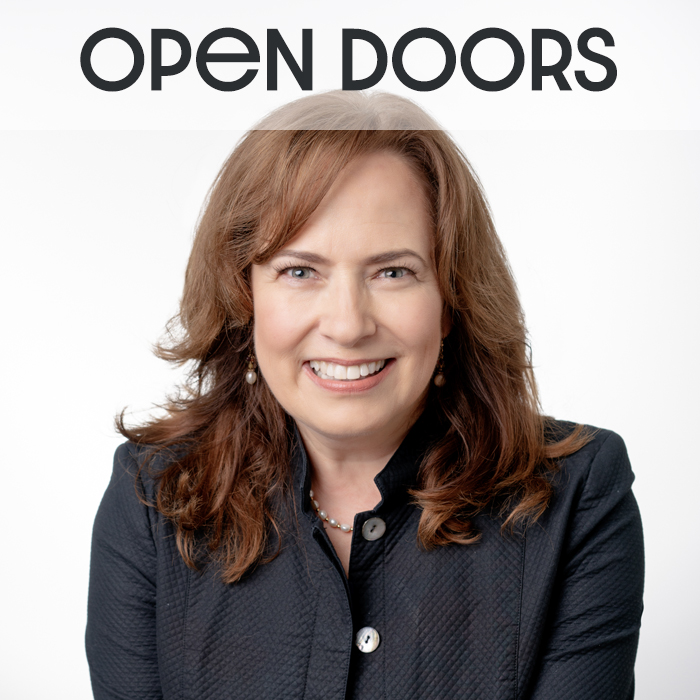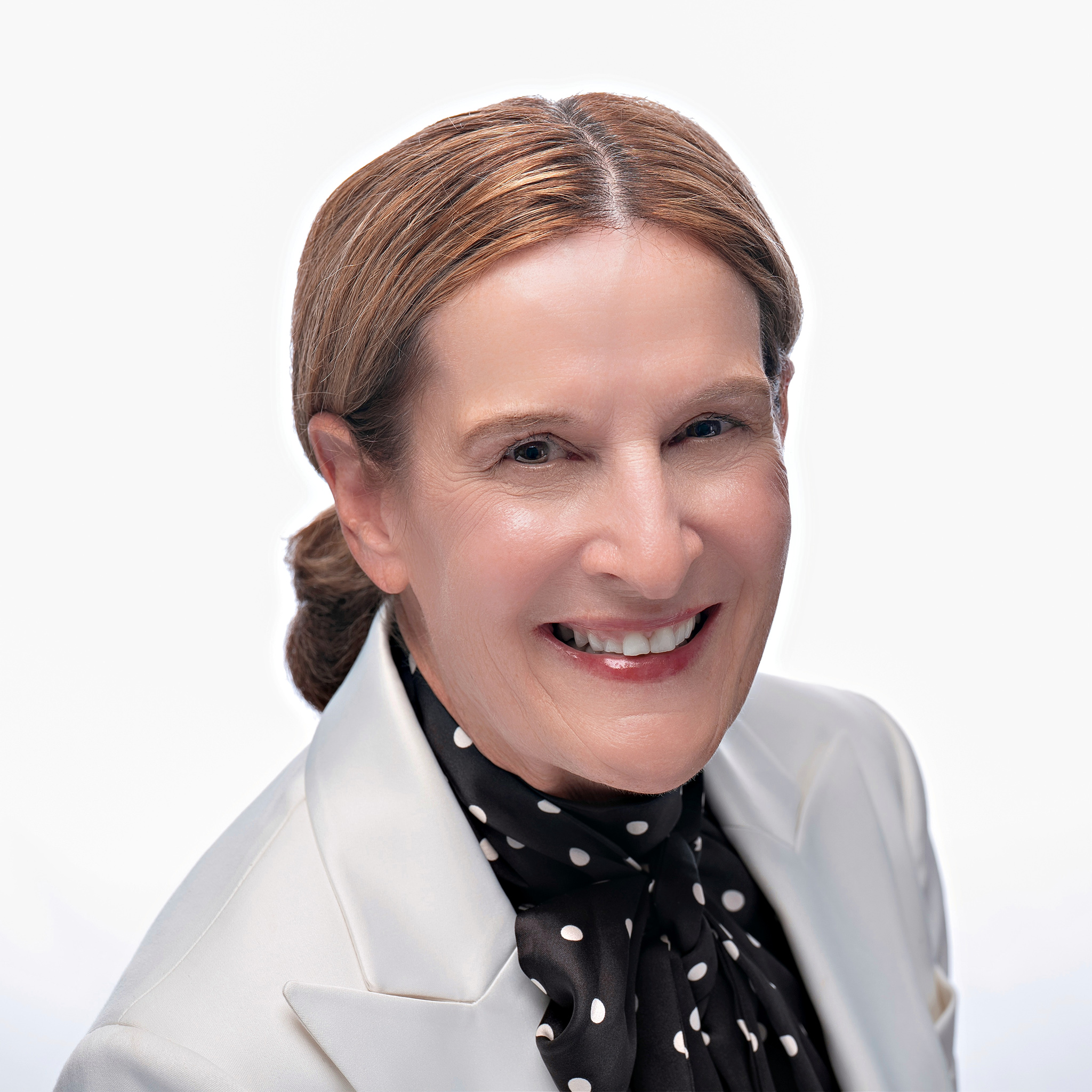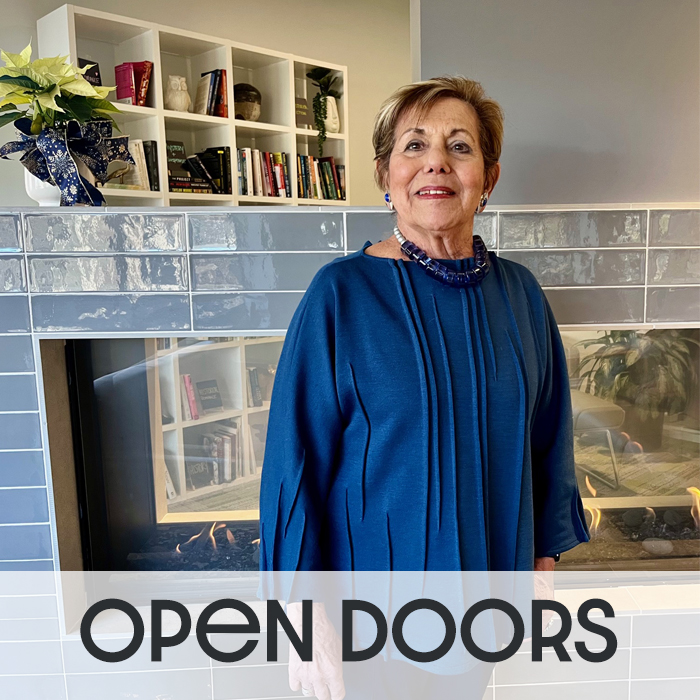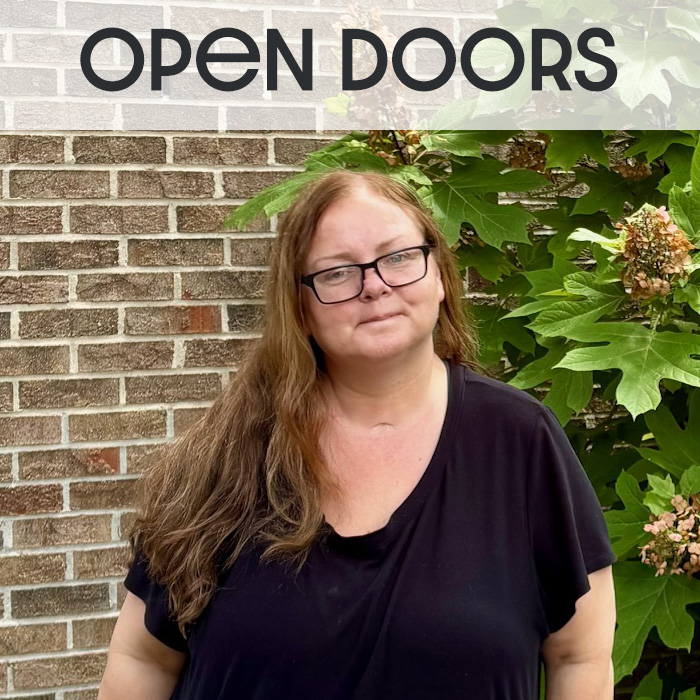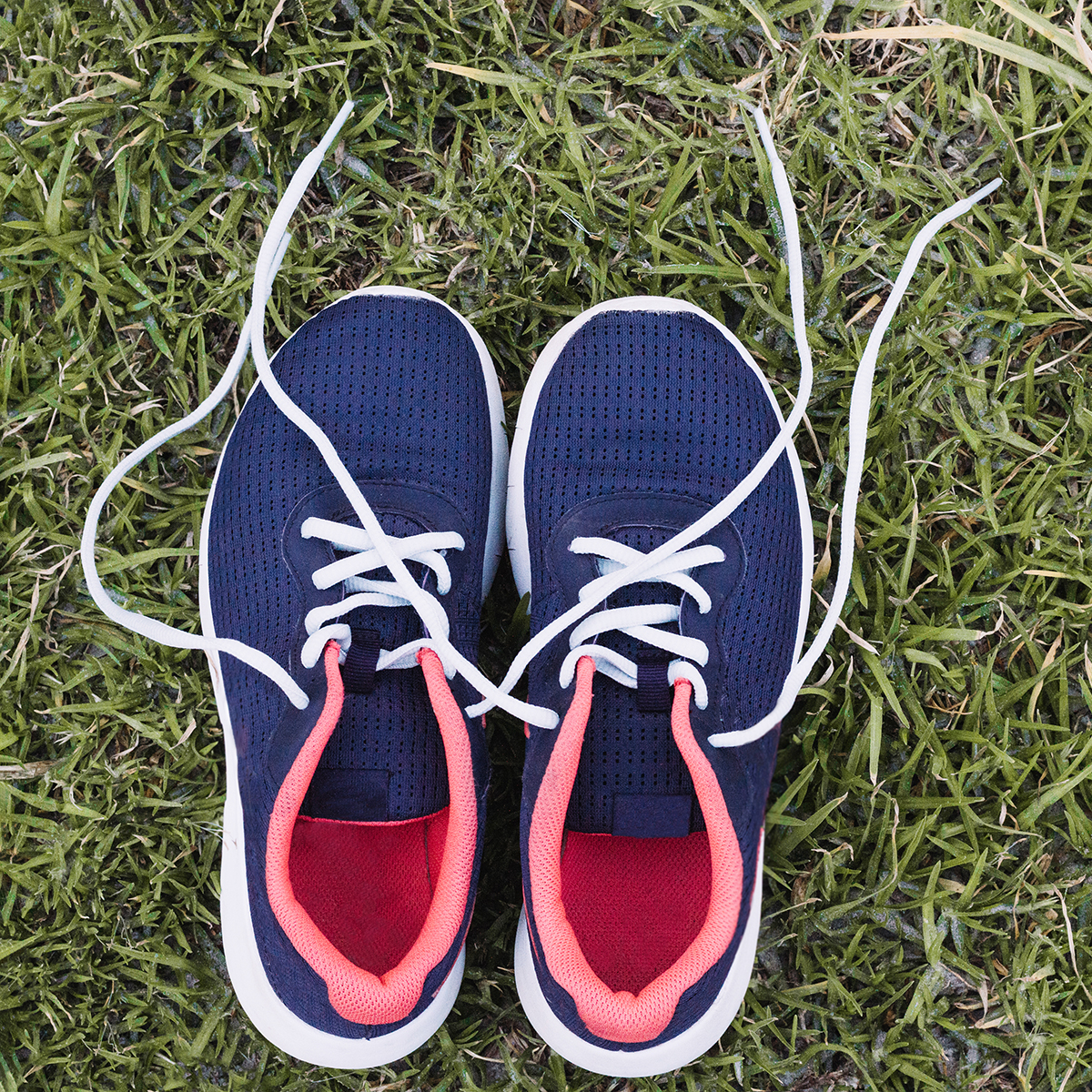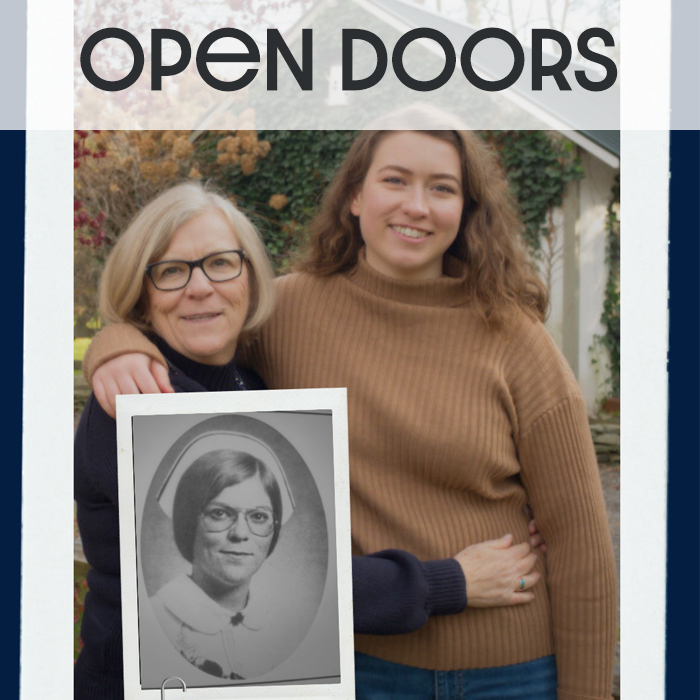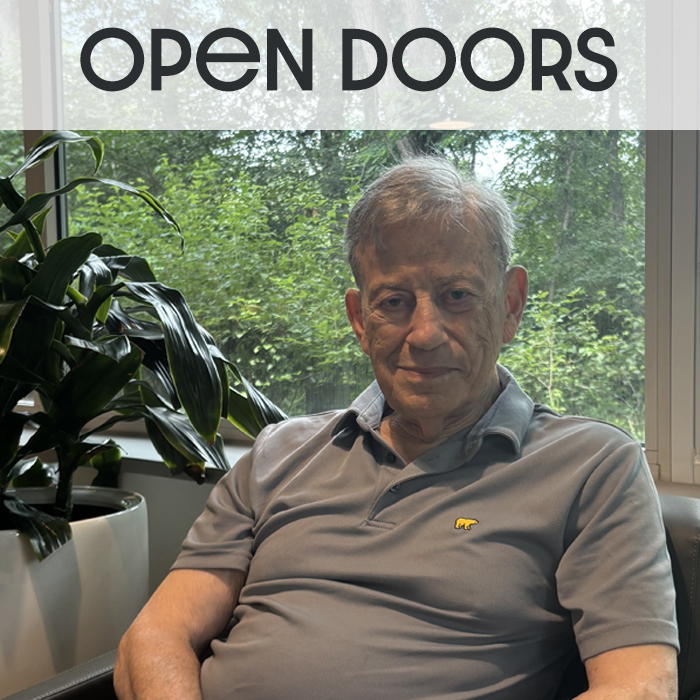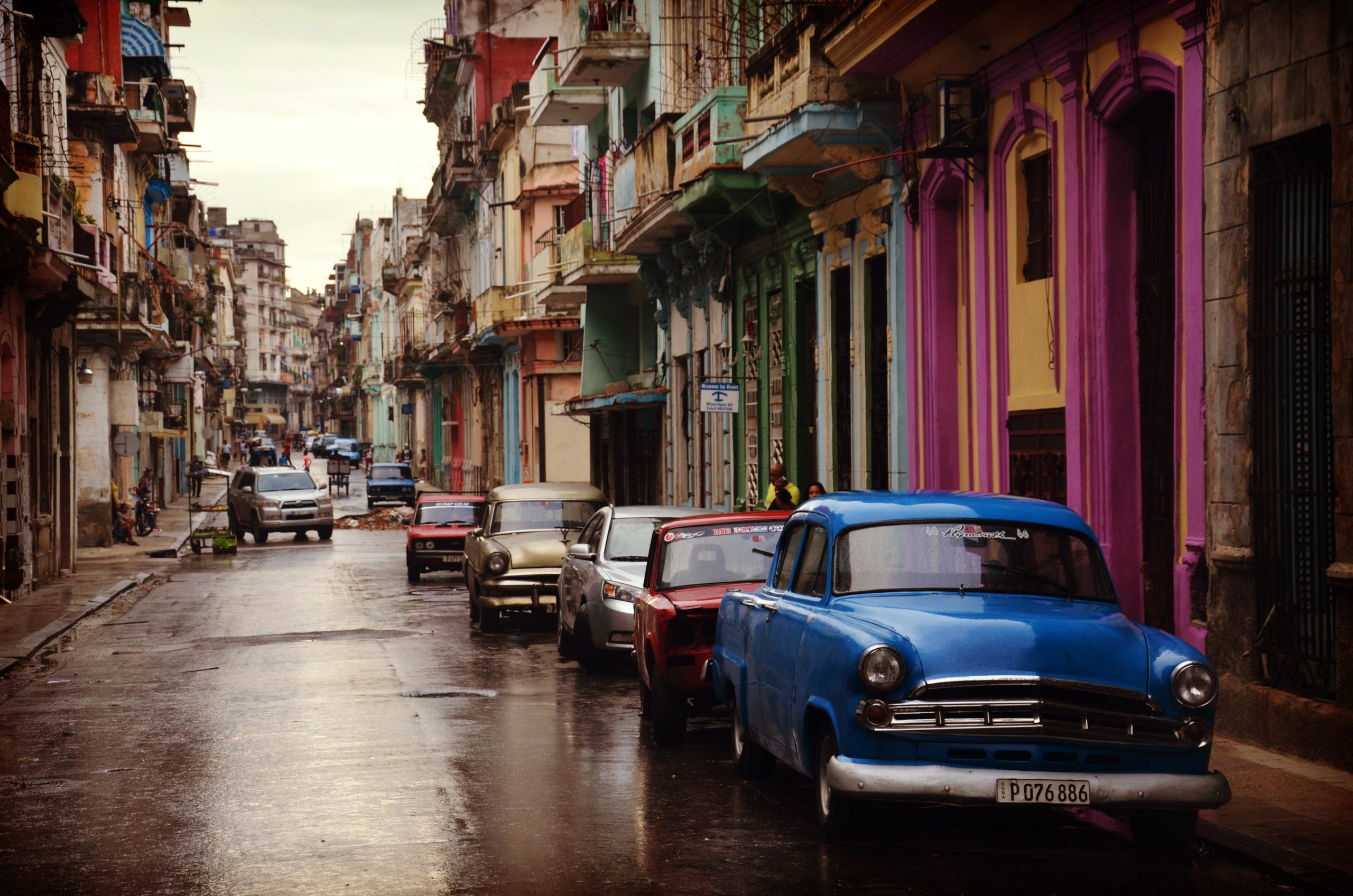
Memoir Lane
Fidel Castro – My Hero
Anonymous • September 29, 2025
“Our biweekly memoir class helps me reflect on meaningful moments in my life. Each session uncovers a new theme or memory, opening a treasure chest of experiences I might otherwise have stored away and forgotten. Writing with others who share my passion creates a supportive circle: we listen to one another’s stories, give feedback, and cheer each other on. My confidence as a writer has grown. Our instructor, Wendy, offers just the right amount of motivation and guidance. I am writing my memoirs for my family.”
—Class Member since 2024
Fidel Castro—My Hero
I lived in a small three-bedroom apartment with my parents and brother in Roselle, New Jersey. In 1955, at the age of six, I sat with my family in front of an old twelve-inch black-and-white television, watching the six o’clock CBS news. Despite our deep concern for the lives of Black Americans in the segregated South, we could barely make out the fuzzy images of four small Black children navigating through a frenzied mob of white citizens trying to block their entry into the local public school. I sat frozen, imagining the possibility of an angry white crowd shouting at me. I was so terrified I couldn’t sleep for weeks.
The schools in the South operated under “separate but equal” laws. Yet it was widely known that schools in Black neighborhoods lacked the resources needed to improve reading and math skills. Through threats of violence, white aggressors enforced racial segregation within school districts. Black parents and their children were prevented from attending mainstream Southern elementary schools.
For the next five years, my family watched numerous racist events recorded and televised every evening on the six o’clock news. I will never forget the coverage of the Little Rock Nine, a group of teenagers who attempted to enroll in the public high school in Little Rock, Arkansas. They walked silently, single file, with military police at their sides. The police guarded them against a crowd of hundreds of angry white citizens. The crowd screamed that Black people were animals and should not be permitted in school with white children.
I watched disturbing scenes of nonviolent resistance—both men and women facing violent dog attacks and powerful water hoses. I realized no one would protect us from these assaults. I felt a mix of anger and fear. Beatings increased in frequency and severity. The violence had to stop somehow. Still, I understood that the path to equality would be a long one. Martin Luther King Jr., the most recognized leader of the Civil Rights Movement, was deeply influenced by the principles of Mahatma Gandhi’s nonviolent resistance.
In September 1960, Fidel Castro, recognized as an ally against colonialism and U.S. racism, stepped up to the United Nations speaker’s platform and delivered a four-hour, passionate speech that resonated worldwide in support of freedom fighters in the United States and Africa. This address set a record for the longest speech in the history of the General Assembly. Castro highlighted blatant racism and inequality in the United States, becoming a voice for the oppressed and marginalized—especially in Africa, where colonial independence movements were gaining momentum. My soul was shouting: Thank God for Castro. He championed the African American struggle for equality on the global stage.
In response, the U.S. government restricted Castro’s movements in Manhattan. When his hotel refused to display the Cuban flag, he relocated his entire delegation to the Hotel Theresa, a modest three-star hotel in Harlem. The Black community felt pride in being chosen by a world leader for refuge. He received warm hospitality at Harlem’s top establishments. My father and thousands of Black Americans marched to the Hotel Theresa to welcome the Cuban delegation. As a result, other world leaders visited Harlem to meet and discuss sensitive political issues with Castro there. Racism and colonialism remained the primary focus.
Castro met in Harlem with Malcolm X, the African American religious leader and freedom fighter; Allen Ginsberg, the American poet and activist; Nikita Khrushchev, the Soviet premier; Gamal Abdel Nasser, the president of Egypt; and Jawaharlal Nehru, the prime minister of India. Days later, the U.S. government imposed a trade embargo on Cuba. Following the humiliation of the Bay of Pigs, the blockade has remained in place for more than fifty years.
I have always admired and respected Castro for addressing the civil rights struggle in America. I knew that one day I would travel to Cuba to thank Castro and the Cuban people for their vital support. On January 25, 2025, I traveled to Cuba. Even though Castro was no longer its leader, I still hold deep respect for the country’s values. I imagined that the Cuban people would remember the UN speech and the world-famous meetings at the Hotel Theresa. Our tour guide, Jesús, proudly recounted Castro’s visit to New York City in 1960. Many younger tourists were unaware of his courageous stance. Later, we visited the Fidel Castro National Museum, which features numerous exhibits showcasing his leadership during historic conflicts achieved through Cuban heroism.
While the beauty of Spanish colonial architecture is captivating, I was struck by the poverty I saw in Havana. Many architectural historians recognize Cuban architecture, often called Spanish eclectic, as one of the most stunning styles in the world. This style blends influences from Moorish, Byzantine, Roman, Renaissance, and modern design. The streets were lined with beautiful homes decorated with marble columns and intricate details, though their interiors were noticeably in disrepair. The government covers all monthly rent and food costs, so I saw no one hungry or homeless.
As expected, there were issues with water distribution and electricity. I was most disturbed by the clutter in the streets, which included plastic bags filled with trash, heaps of used paper, and cardboard boxes. According to our guide, the country has limited funds for infrastructure maintenance and waste management due to the near collapse of its economy. Garbage is collected only as needed. Designated as a terrorist state by the United States, any country that does business with Cuba is quickly labeled a supporter of terrorism.
We visited several world-class art museums with works from the fifteenth to the twenty-first centuries. We also explored small galleries featuring original paintings and sculptures for purchase. While in Havana, we enjoyed jazz performances during the Annual International Jazz Festival, which featured musicians from North America, Europe, Australia, and Asia. Formal concerts took place at the National Theatre in the afternoon, while modern jazz jams occurred late into the night at the National Arts Factory. I loved the rhythm of the African drums, which amplified the lively rumbas and romantic Cuban love songs. Cuban art and music continue to be celebrated worldwide.
Life is tough in Cuba. The country supported Namibia and Angola in their fight against apartheid in the 1970s, losing twenty thousand soldiers in those conflicts. Yet these African countries no longer support Cuba due to the embargo and political tensions. Additionally, Cuba has lost financial backing from its main supporters: Russia, Mexico, and Argentina. Venezuela has reduced its oil aid. Still, the Cuban people take great pride in their achievements despite hardships. The people of Cuba have adequate shelter, food, and excellent healthcare. The government provides housing and monthly food rations to every citizen.
Although I stayed at a four-star hotel, there were restrictions on food, drinks, and linen services. We also faced inconsistent internet service and electronic room keys that required daily reprogramming. These issues are not unique to Cuba; they are common in most developing countries. Poverty creates lifestyle challenges worldwide, affecting family life, nutrition, and resources.
Nonetheless, for me, Castro was a brave and exceptional world leader. I enjoyed my travels and learned much about Cuban history and society.

